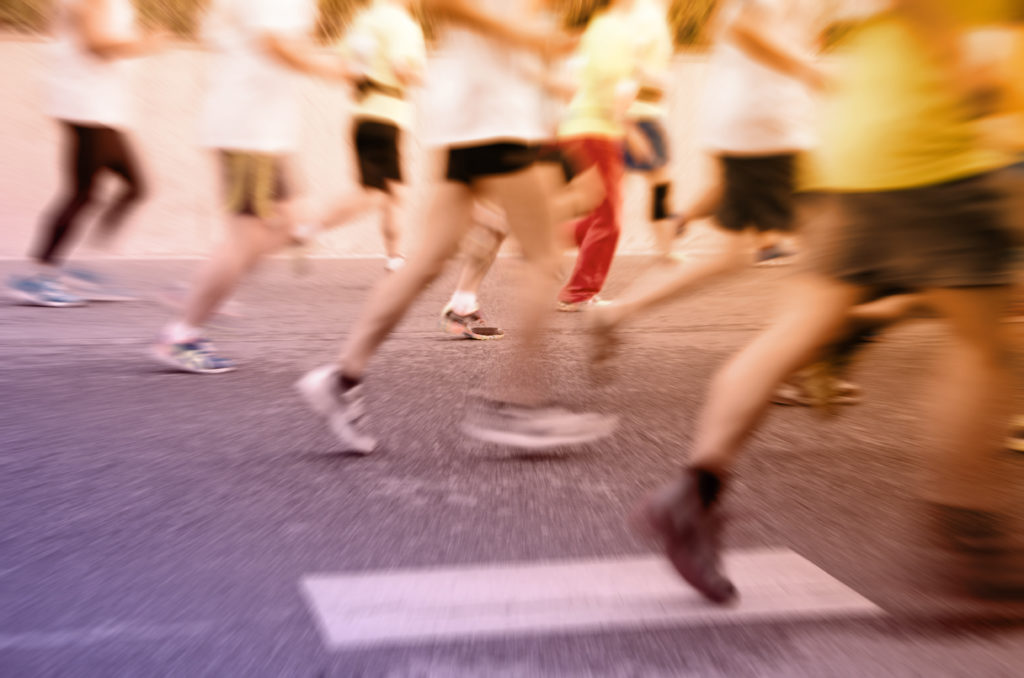Quick Hits
Daily brief research updates from the cognitive sciences

This is an older study (2017) I came across and found fascinating. As many of you regular readers will know I have reported many times on the benefits of exercise. But this study was fascinating in that it looked at the contagion effect of exercise i.e. do people affect each other with the exercise bug?
To answer that question the researchers analyses data from a global network of 1.1 million runners over a period of five years and in addition 3.4 million social network ties. That’s a lot of data! What did they find?
Well, yes there is social contagion, runners do infect each other but the specifics are quite interesting. For example, it was found that both men and women influence men (men more than women) but that men do not influence women. Another interesting influence is that of being faster or slower runner. It was found that those who were slightly slower of faster influenced other most.
Read the paper for more interesting insights but of note is that exercise (in this case running) is infectious but how infectious depends on certain other factors such as closeness, gender, and how good you and your friends are – or not.

Andy Habermacher
Andy is author of leading brains Review, Neuroleadership, and multiple other books. He has been intensively involved in writing and research into neuroleadership and is considered one of Europe’s leading experts. He is also a well-known public speaker speaking on the brain and human behaviour.
Andy is also a masters athlete (middle distance running) and competes regularly at international competitions (and holds a few national records in his age category).
Reference
Aral, S., and Nicolaides, C. (2017).
Exercise contagion in a global social network.
Nat. Commun. 8.
doi:10.1038/ncomms14753.
More Quick Hits
How to reduce loneliness
I have reported multiple times on loneliness during the pandemic – mostly because interest and research into loneliness has taken a large uptick. I have also reported on how to combat this and was happy to see that a piece of research just out proved what I had...
COVID on the Brain
Many COVID-19 patients have reported various neurological symptoms – the well-known brain fog, but also headaches and decreased cognitive function over months and extended periods of time. This even without serious infection or hospitalization. The research seems to...
Life satisfaction after work related to personality traits
As many of you know I have done plenty of work into personality and so found this study interesting. Dusanee Kesavayuth of Kasetsart University in Bangkok, Thailand analysed data from 2,000 adults aged between 50 and 75 in the British Household Panel Survey and found...
Unique regulation of brain in yoga practitioners
Quick HitsDaily brief research updates from the cognitive sciences es, you yoga practitioners knew you were special and here is the science to prove it! In this older study I came across (2018) participants were recruited to see how they dealt with...
Neurodivergence and the lonely brain
Quick HitsDaily brief research updates from the cognitive sciences eurodivergence is term that describes those that are not “neurotypical” such as those with autism and ADHD. In the surge of research into loneliness spurred by the pandemic it has...
Art Engages the Social brain
Quick HitsDaily brief research updates from the cognitive sciences reported in last week’s Quick Hits on how engaging in the arts has a relationship with self-control and avoidance of disagreeable and criminal behaviour and that is why this...






